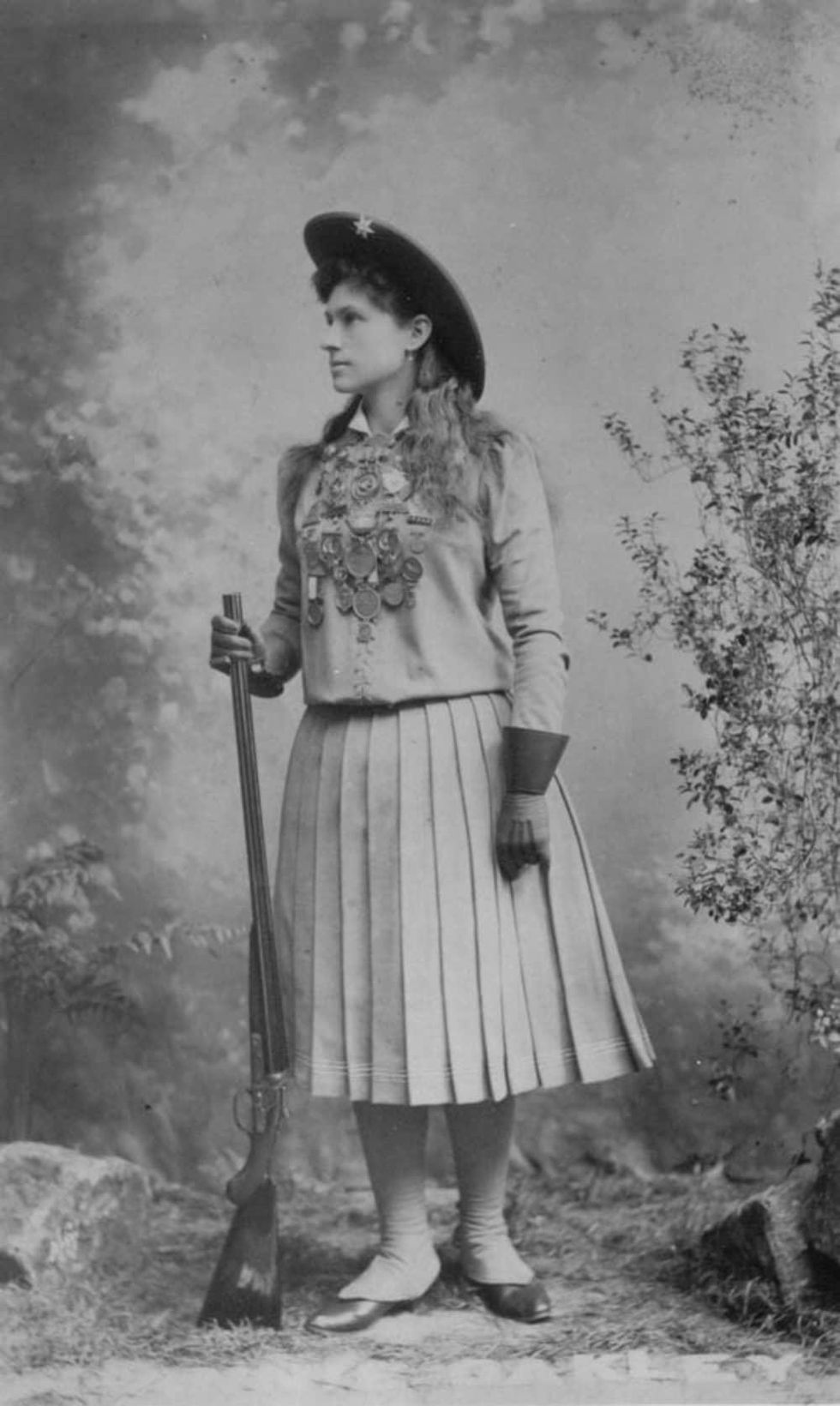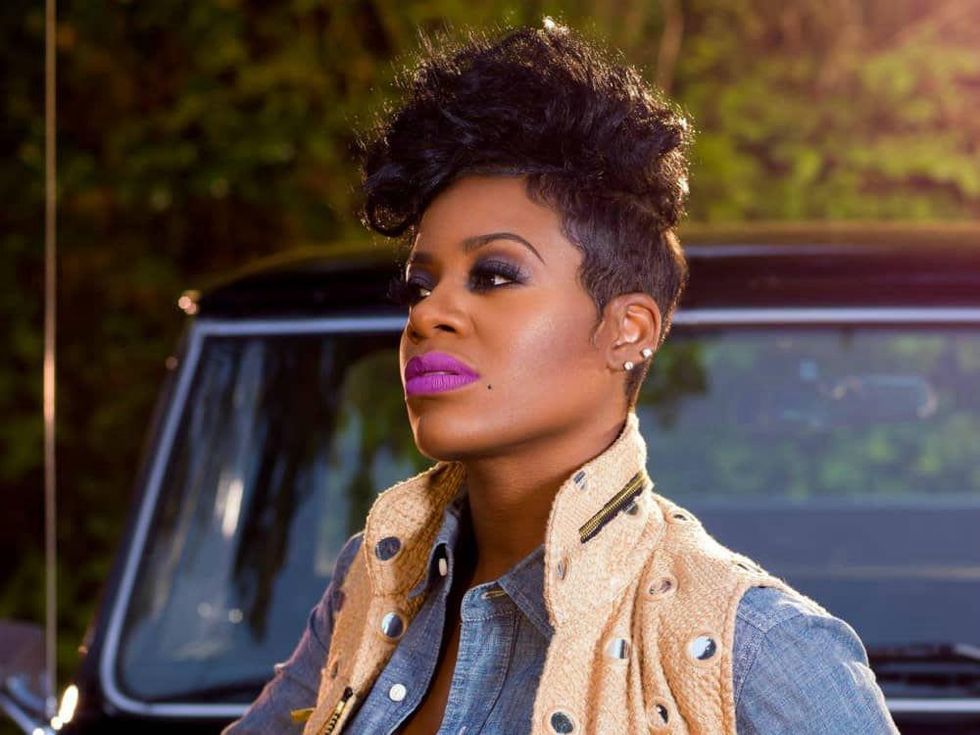With Valentine's Day falling on a Saturday this year, what better time to do dinner and a show? This weekend in and around Fort Worth will feature a nice range of events, including four theater productions (including a Broadway tour), a fun comedian, screenings of a new film, four concerts, and an appearance by the Harlem Globetrotters on another holiday.
Below are the best ways to spend your free time this weekend. If you want more options, check out the calendar for an even longer list of the city's best events. For the best Valentine's Day dining options, check out our list, if you can still get a reservation.
Thursday, February 12
Amphibian Stage presents Bull in a China Shop
Bull in a China Shop is an explosive queer romantic comedy set amidst the fight for women’s rights. Galloping across four decades at Mount Holyoke, Mary Woolley and Jeannette Marks light fires in the classroom and in the bedroom. As their ambitions grow bolder, so do the cracks in their relationship. The co-production with Second Thought Theatre in Dallas runs through March 1 at Amphibian Stage.
Broadway at the Bass presents Six
Divorced, beheaded, died, divorced, beheaded, survived. From Tudor queens to pop icons, the six wives of Henry VIII take the microphone to remix 50 years of historical heartbreak into a euphoric celebration of 21st-century girl power. The national tour of the Broadway musical will have seven performances through Sunday at Bass Performance Hall.
Hyena's presents Big Jay Oakerson
Comedian Big Jay Oakerson has been a stand out at comedy and music festivals around the world for the last two decades. He is currently the co-host of The Legion of Skanks & The SDR Show podcasts on Gas Digital Network, and of The Bonfire with Big Jay Oakerson and Dan Soder on Comedy Central Radio on SiriusXM. He'll perform five times through Saturday at Hyena's Comedy Nightclub.
Friday, February 13
Magnolia at the Modern: Jimpa
Filmmaker Hannah (Olivia Colman) takes her nonbinary teenager Frances (Aud Mason-Hyde) to Amsterdam to visit their gay grandfather - lovingly known as Jimpa (John Lithgow). But Frances’ desire to stay with Jimpa for a year abroad means Hannah is forced to reconsider her beliefs about parenting, and the stories she has long told about her family. The film will screen seven times through Sunday at the Modern Art Museum of Fort Worth.
Mid Cities Arts Collective presents A Broadway Serenade
Mid Cities Arts Collective will celebrate Valentine’s season with A Broadway Serenade, a luminous cabaret of love songs from the Broadway stage. The evening gathers 30 of the most romantic melodies ever written, including “Some Enchanted Evening” (South Pacific), “Tonight” (West Side Story), “Falling Slowly” (Once), “On My Own” (Les Misérables), and more. There will be performances on Friday and Saturday at Platinum Music Complex NRH in North Richland Hills.
Theatre Arlington presents Damn Yankees
In the 1950s, super baseball fan Joe makes a deal with the devil so his Washington Senators (later to become the Texas Rangers) will beat those damn Yankees for the pennant. Devilishly clever, Damn Yankees is a home-run hit, with great songs, music, and a lot of heart. The production runs through March 8 at Theatre Arlington.
Fantasia in concert with Anthony Hamilton
Former American Idol winner Fantasia has not been as hugely successful as fellow champions Kelly Clarkson or Carrie Underwood, but she has firmly established herself in the R&B genre. She has released seven albums in her career, most recently Sketchbook in 2019, although she did release a non-album single, "Have Your Way," in 2025. She'll be joined at this special concert at Dickies Arena by fellow R&B singer Anthony Hamilton.
Mike Ryan in concert
Singer Mike Ryan made his return to Billy Bob's Texas in 2023 after a seven-year absence, and now he's become a regular again, playing there multiple times in recent years, including this concert. The San Antonio native is a favorite all around Texas, playing at multiple festivals and concert venues. He's currently touring in support of his 2025 self-titled album.
Saturday, February 14
Priscilla Block in concert
Country singer Priscilla Block has earned her success in the genre, finally making a dent in the music industry now after moving to Nashville in 2014. After a couple of EPs, she released her debut album, Welcome to the Block Party, in 2022, which featured the hit song "Just About Over You." She'll make her debut at Billy Bob's Texas in support of her 2025 sophomore album, Things You Didn't See.
Sunday, February 15
Fort Worth Symphony Orchestra presents Chamber Series: "Beethoven, Britten, and Ligeti"
The full Fort Worth Symphony Orchestra is taking a break this week, but a smaller contingent can be seen as part of their Chamber Series at Kimbell Art Museum. The program will include Beethoven’s Horn Sonata, Ligeti’s Six Bagatelles for Wind Quintet, Britten's Lachrymae, and Borodin's String Quartet No. 2.
Monday, February 16
The Harlem Globetrotters 100 Year Tour
It's a two-holiday weekend thanks to President's Day on Monday, and you can celebrate with the world-famous Harlem Globetrotters, who are in town as part of the team’s 100 Year Tour, celebrating 100 years of jaw-dropping “No Way!” moves, 100 years of “Wow!” moments, and 100 years of basketball thrills. From gravity-defying dunks to game-changing tricks, fans will feel the history, the joy, and the fun that only the Globetrotters can deliver. The Globetrotters will play against their long-time foes the Washington Generals at Dickies Arena.







